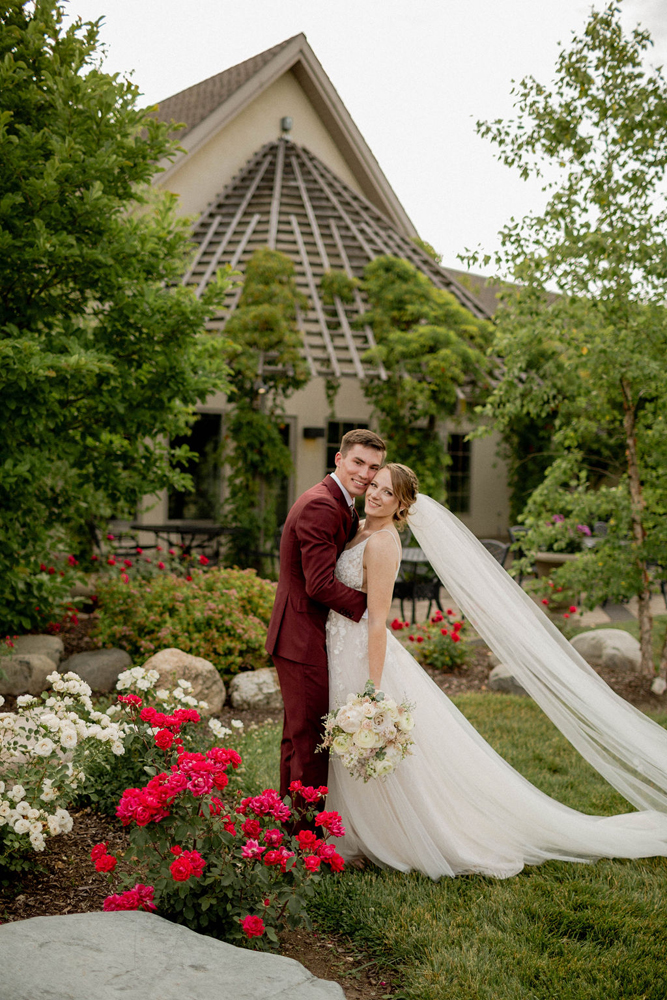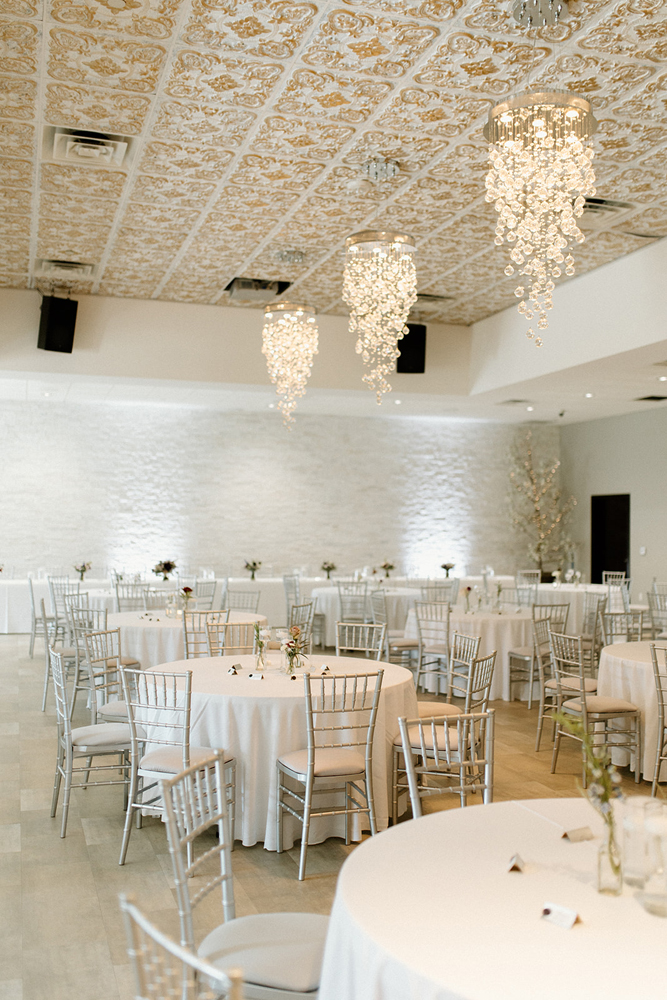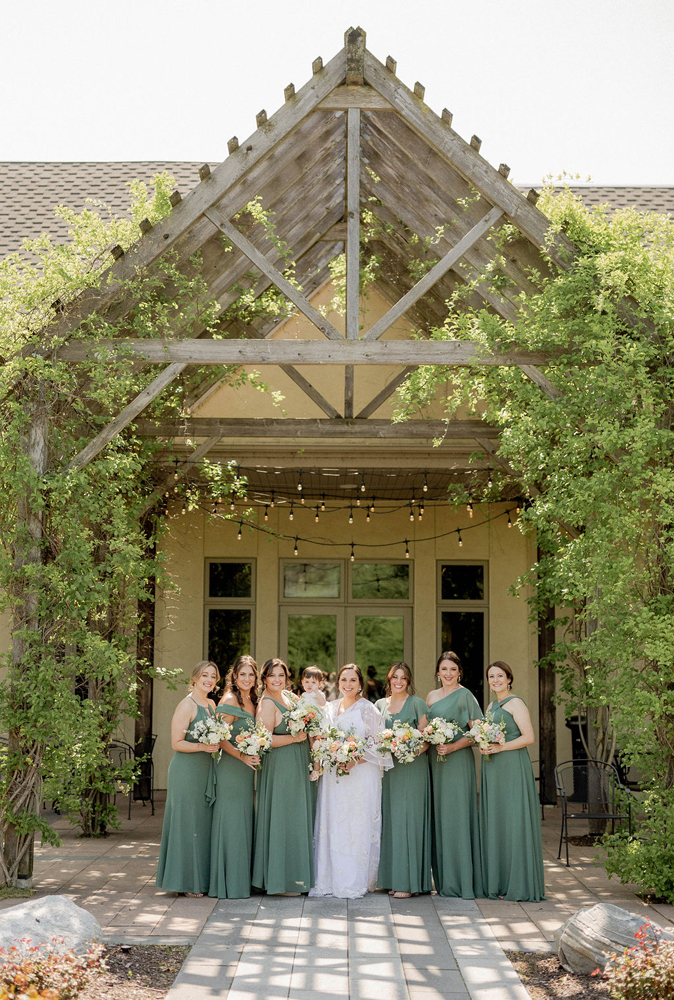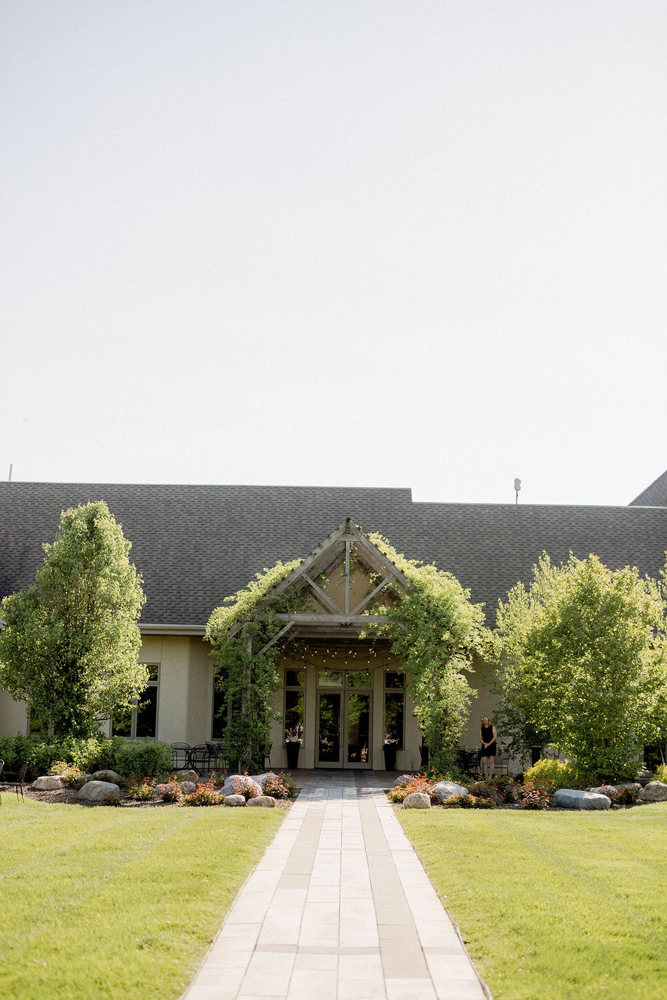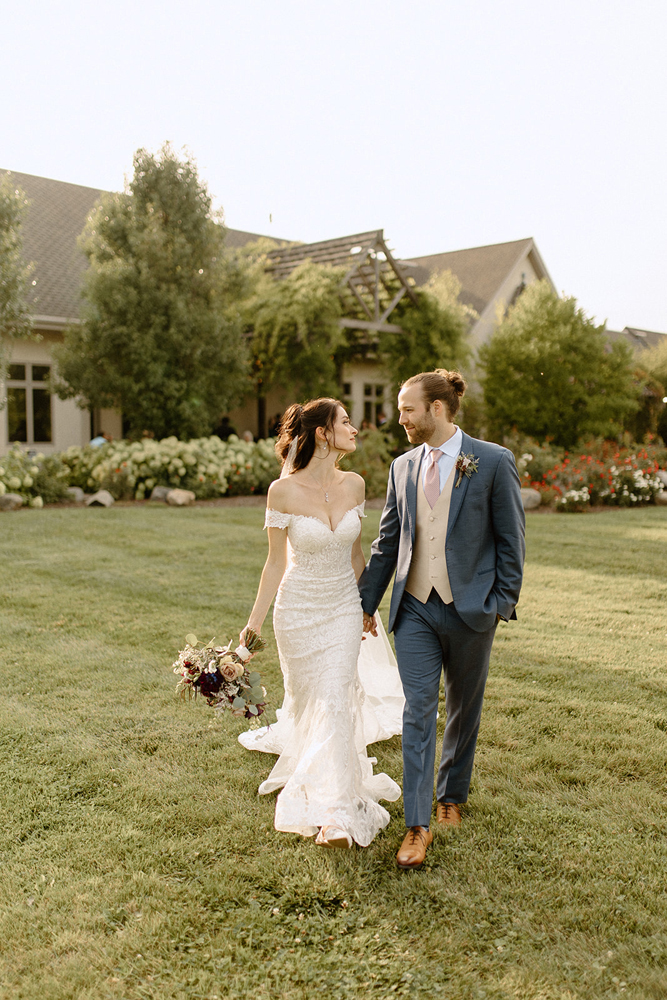“Experience is the Best Teacher…”
You’ve heard the expression, Experience is the best teacher, and we all know how true that statement really is…but when you’re talking about a once in a lifetime experience (like your wedding) learning from the successes and failures of those who have gone before you can be very helpful. Fortunately, when it comes to wedding planning, there is a whole industry filled with professionals and couples alike who have been there, done that! And many are eager to share what they learned on the first go ‘round. So today, RiverStone would like to introduce Part 2 to our series “Common Wedding Planning Mistakes & How to Avoid Them.” Consider this a little added insurance against Wedding Day Mayhem!
If your guests are coming from out of town, they’re going to need a place to stay! During seasons of high traffic, some hotels book up to a year in advance. We recommend that you contact local hotels as early as possible to reserve a “block” of rooms for your guests.
Where to Book:
Use the following criteria to help you narrow down your hotel options:
What to Ask:
How Many Rooms to Block:
Reserve fewer rooms initially and increase the size of your block (if needed) as you solidify your guest count. This will help you avoid getting stuck with fees for unused rooms at the end of the day.
Spreading the word:
Include all pertinent hotel info on your wedding website so that your guests can plan accordingly and take full advantage of the blocks that are in place.
The purpose of the Save the Date is to give your friends and family enough time to plan to attend your wedding. Showing up for your big day might involve requesting time off of work or school, making travel and lodging arrangements, hiring child or animal care, and/or a significant amount of financial planning. So give your guests enough of a heads up that they can make economical decisions for themselves and their families.
When to send:
What to include:
Ultimately, nothing is more important than the safety and well being of you and your guests. If you plan to serve alcohol at your event, consider hiring a shuttle, bus, or limo to safely transport guests to and from your venue. Just like any wedding vendor, transportation services tend to book up early during wedding season. So reserve your dates and times as early as possible to ensure availability.
You’ve probably heard that it’s safe to assume that 10% of your guests will decline your wedding invitation. While this might be a safe assumption, it could also be a financial and logistical nightmare if you end up with a higher number of confirmed guests than you anticipated. We recommend that you do not invite more guests than you can honestly afford. And be sure to check with your venue to determine its maximum capacity before you solidify your guest count and distribute your Save the Dates.
At the end of the day, everything else pales in comparison to the big picture of the love and forever commitment you have found in your partner! So remember to take time to appreciate one another, and enjoy this season of life together!
